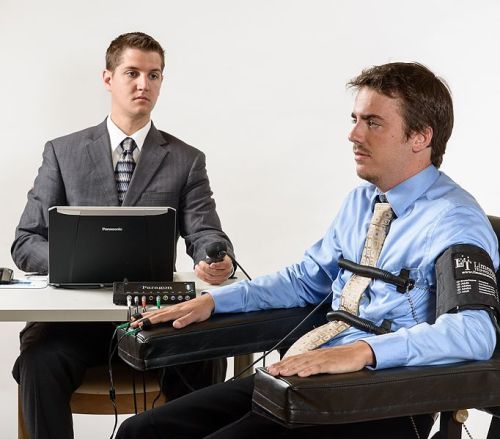Last week, CNN came out with a “blockbuster exclusive" about
Benghazi. In a highly speculative report, the network guesses that the
CIA may have been running guns into Syria out of the Libya and that this
was the cause of the attack on the diplomatic compound there. Of
course, the right is pleased as punch with this story, despite the fact
that it has nothing to do with their original conspiracy theory that the
administration had blamed the attacks on an anti-Islamic video to hide
the fact that it was a terrorist attack.
The thing is, the CNN story is based on one simple and somewhat shaky bit of evidence — i.e., it sure looks like something is being covered up. The the linchpin bit of evidence is that:
Taking the weekend shift at Political Animal, Max Ehrenfreund tackled this report and found it not very convincing.
"The Obama administration seems to have inherited from the Obama campaign the same obsession with avoiding political controversy and carefully controlling the information that the public receives…" Ehrenfreund writes, “The frequent polygraphs CNN report are nothing out of the ordinary, not for a president whose staff has an unreasonable attachment to secrecy for its own sake."
[photo via Wikimedia Commons]
The thing is, the CNN story is based on one simple and somewhat shaky bit of evidence — i.e., it sure looks like something is being covered up. The the linchpin bit of evidence is that:
Since January, some CIA operatives involved in the agency’s missions in Libya, have been subjected to frequent, even monthly polygraph examinations, according to a source with deep inside knowledge of the agency’s workings.Described by who as “pure intimidation?" Well, the CNN report doesn’t say. Could be a CIA operative who had to take a polygraph or it could be someone with an ax to grind who has nothing at all to do with the testing, the CIA, or Benghazi (i.e., the always untrustworthy “top congressional aide" sourcing).
The goal of the questioning, according to sources, is to find out if anyone is talking to the media or Congress.
It is being described as pure intimidation, with the threat that any unauthorized CIA employee who leaks information could face the end of his or her career.
Taking the weekend shift at Political Animal, Max Ehrenfreund tackled this report and found it not very convincing.
I am not persuaded that there was anything happening at the Benghazi annex significantly different from, well, whatever it is the CIA is doing in any of the place around the world where its personnel are stationed.So basically, if there’s a crackdown on leakers, it’s going to look pretty much exactly like this. And guess what? We know there’s a war on leaks. The problem with amping up secrecy to eleven — perception-wise, anyway — is that everything looks like a cover up. And that’s because everything is being covered up, regardless of whether it’s damning or trivial. You could probably look into any diplomatic mission in the world and find the same thing, but that doesn’t mean that there’s some huge conspiracy going on in Belgium or Sydney or Hong Kong. It just means that the administration is driving themselves to distraction with leak-plugging — ironically, the result of an attempt to avoid embarrassing distractions caused by leaks.
A much simpler explanation for the frequency of the polygraphs is that this administration is panicky. They have gone to absurd lengths to keep personnel from talking. As McClatchy reported, the administration’s “Insider Threat” program, launched in response to Pfc. Bradley Manning’s leaks, requires all federal employees, not just those working with sensitive information, to keep a careful eye on one another. Personnel are encouraged to report not just unauthorized disclosures, but any signs of psychological stress, including divorce, debt, or frustrations with colleagues. The logic is that these conditions can be what pushes a person like Manning to take information outside of an agency.
I’ve argued elsewhere that this program might the most disturbing of all the administration’s secret programs to be revealed in the past few months, because it shows how far intelligence agencies would go in examining the details of our personal lives if they had the authority.
"The Obama administration seems to have inherited from the Obama campaign the same obsession with avoiding political controversy and carefully controlling the information that the public receives…" Ehrenfreund writes, “The frequent polygraphs CNN report are nothing out of the ordinary, not for a president whose staff has an unreasonable attachment to secrecy for its own sake."
[photo via Wikimedia Commons]






